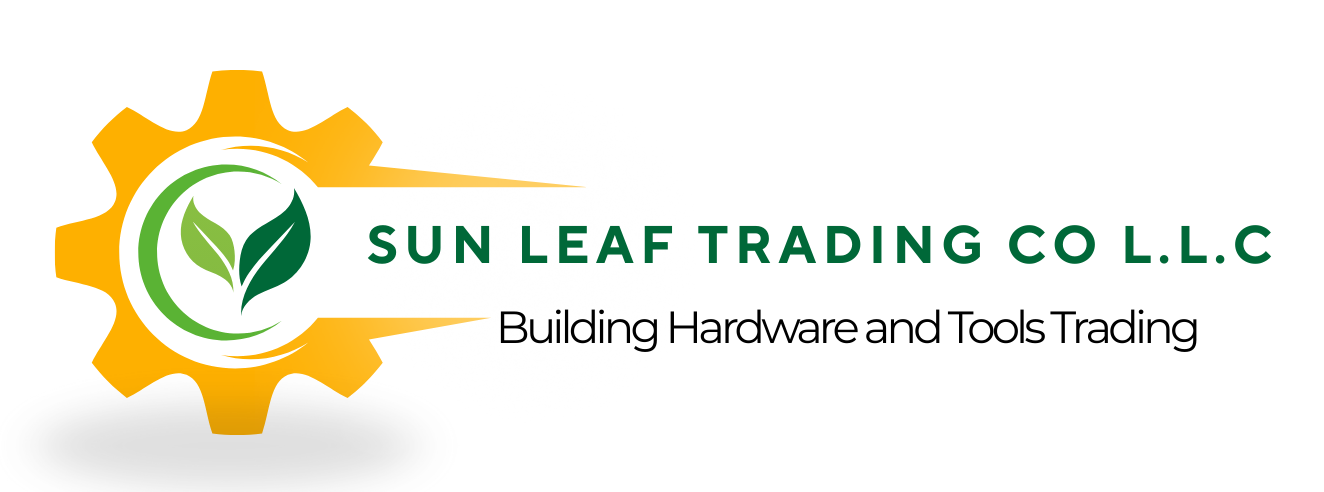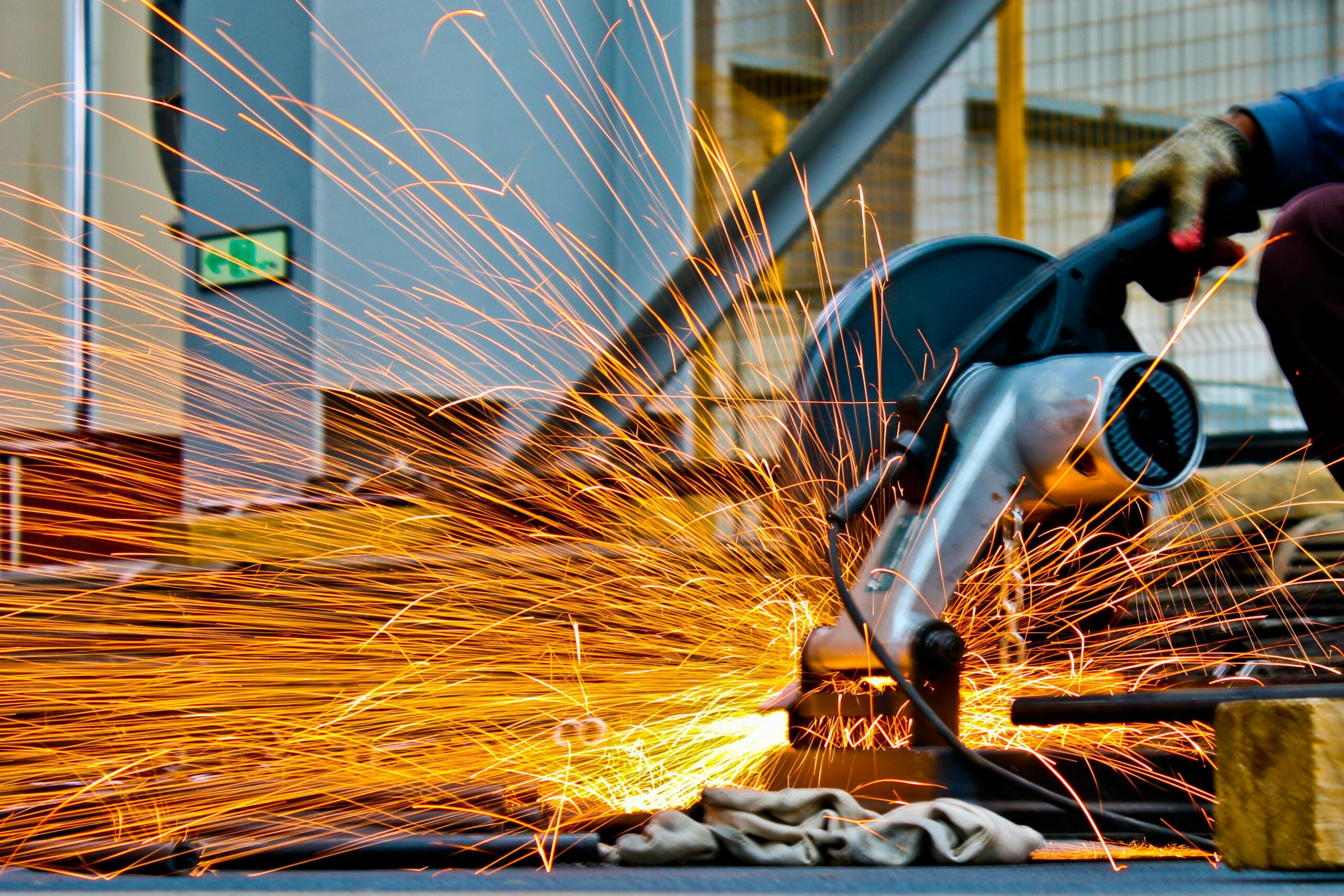Introduction
The choice between buying and renting tools affects both your project cost and long-term planning. Buying may seem like a permanent fix, but it brings hidden costs such as maintenance, storage, and depreciation. Renting provides an alternative that reduces capital outlay, gives access to newer equipment, and simplifies logistics. For homeowners, small contractors, and businesses alike, renting can be the more sensible option.
1. Cost-Effective Choice
Professional-grade power tools and construction machines can be expensive. A high-quality tile cutter, an industrial drill, or a concrete mixer can cost several times more than the rental fee for the time you actually use them. When a tool is needed for a limited period, purchasing becomes a poor return on investment.
Renting lets you pay only for the time you need a tool — hourly, daily, weekly, or monthly. This approach suits occasional users and small projects, making it easier to control budgets and reduce unnecessary spending.
2. No Maintenance or Repair Costs
Owned tools need upkeep: cleaning, routine servicing, spare parts, and sometimes costly repairs. Tracking maintenance schedules and keeping replacement parts adds both cost and administrative work. Damaged tools can delay projects and incur further expenses.
When you rent, the rental company takes care of maintenance. Tools are inspected, serviced, and tested before each hire. You return the tool when finished and avoid the ongoing commitment of maintaining equipment.
3. Access to the Latest Technology
Toolmakers update models frequently, adding safety features, improved ergonomics, or more efficient motors. Buying locks you into the model you own until you decide to upgrade, which can be expensive and wasteful.
Renting allows you to choose newer models as needed. Using up-to-date equipment often improves productivity and safety without requiring a capital replacement every few years.
4. Saves Storage Space
Large machines and tool collections need secure, dry storage. Not every homeowner or small contractor has room for bulky equipment. Improper storage can damage tools and shorten their lifespan.
Renting eliminates the need for permanent storage. You get the equipment, use it, and return it. That reduces clutter and the overhead of storing, insuring, and protecting machinery long-term.
5. Ideal for Short-Term or Occasional Use
Many tools are used infrequently. A pressure washer, a scaffold, or a concrete mixer might be required only a handful of times a year. Purchasing such items leads to idle equipment that still requires storage and maintenance.
Renting makes sense for these tools: you use them when necessary, then return them. This keeps capital free for core business needs or home improvements with higher priority.
6. Try Before You Buy
Renting gives a practical way to evaluate a tool under real working conditions. If you are considering buying a specific product, renting it first lets you assess fit, comfort, and performance before committing capital.
This reduces buyer’s remorse and ensures your purchase matches actual needs rather than assumptions made from marketing or showroom demos.
7. Reduces Long-Term Liabilities
Owning equipment can create long-term liabilities: depreciation, insurance, storage, and repair obligations. For businesses, this also ties up working capital that might otherwise be spent on operations or growth.
With renting, these liabilities are minimized. Rental fees are operational expenses rather than capital expenditures, giving simpler accounting treatment and preserving balance sheet flexibility.
8. Smart Option for Businesses and Contractors
Contractors often face varying project requirements. Today’s job may need a compact excavator; next month’s job may require only hand tools. Purchasing for every possible scenario is capital-intensive.
Renting lets contractors scale equipment to project needs. This improves cash flow, reduces idle equipment, and allows businesses to bid on a wider range of contracts without a heavy upfront investment.
9. Environmentally Friendly Choice
Sharing tools reduces the total number of units manufactured. Fewer tools produced translates to lower material consumption and reduced manufacturing emissions. Rentals support a circular approach where equipment is used more intensively across multiple projects.
Choosing rentals where practical contributes to reduced waste and a smaller environmental footprint compared to individual ownership for infrequent use items.
10. Wide Range of Tools Available
Rental companies maintain diverse inventories: small hand tools, precision power tools, and large construction machinery. This variety allows you to select the exact equipment required for the task without compromise.
Having a broad selection also means you can switch tools mid-project if an unforeseen need arises, avoiding delays and ensuring the right tool is always available.
Frequently Asked Questions (FAQs)
- Q: Is renting tools safe?
- A: Yes. Reputable rental providers inspect and service tools before each hire. They ensure safety checks and supply any necessary user instructions. Always follow the supplier’s guidance and use protective equipment.
- Q: What happens if a rented tool breaks during use?
- A: Rental agreements usually cover normal wear and tear. If damage is due to misuse or negligence, the renter may be responsible for repair or replacement costs. Read the rental terms carefully and ask about insurance or damage waivers if unsure.
- Q: Can I rent for long-term projects?
- A: Yes. Most companies offer flexible periods — daily, weekly, monthly, or custom terms. Long-term hires often come with discounted rates and service options to support ongoing projects.
- Q: Do rental companies require a deposit?
- A: Often a refundable deposit is taken to cover potential damage or loss. The deposit is returned when the tool is returned in good condition. Some providers offer alternative arrangements like insurance or corporate accounts.
Conclusion
Renting power tools and construction machines is a practical, cost-effective, and flexible choice for many users. It removes the burden of maintenance and storage, provides access to modern equipment, supports business scalability, and has environmental benefits. Whether you are a homeowner, a small contractor, or a growing business, consider renting for projects where ownership would be costly or unnecessary.
If you plan projects regularly, evaluate which tools you truly need often — those may justify purchase — and rent the rest. This hybrid approach gives the best of both worlds: essential ownership plus flexible rental for specialized requirements.

